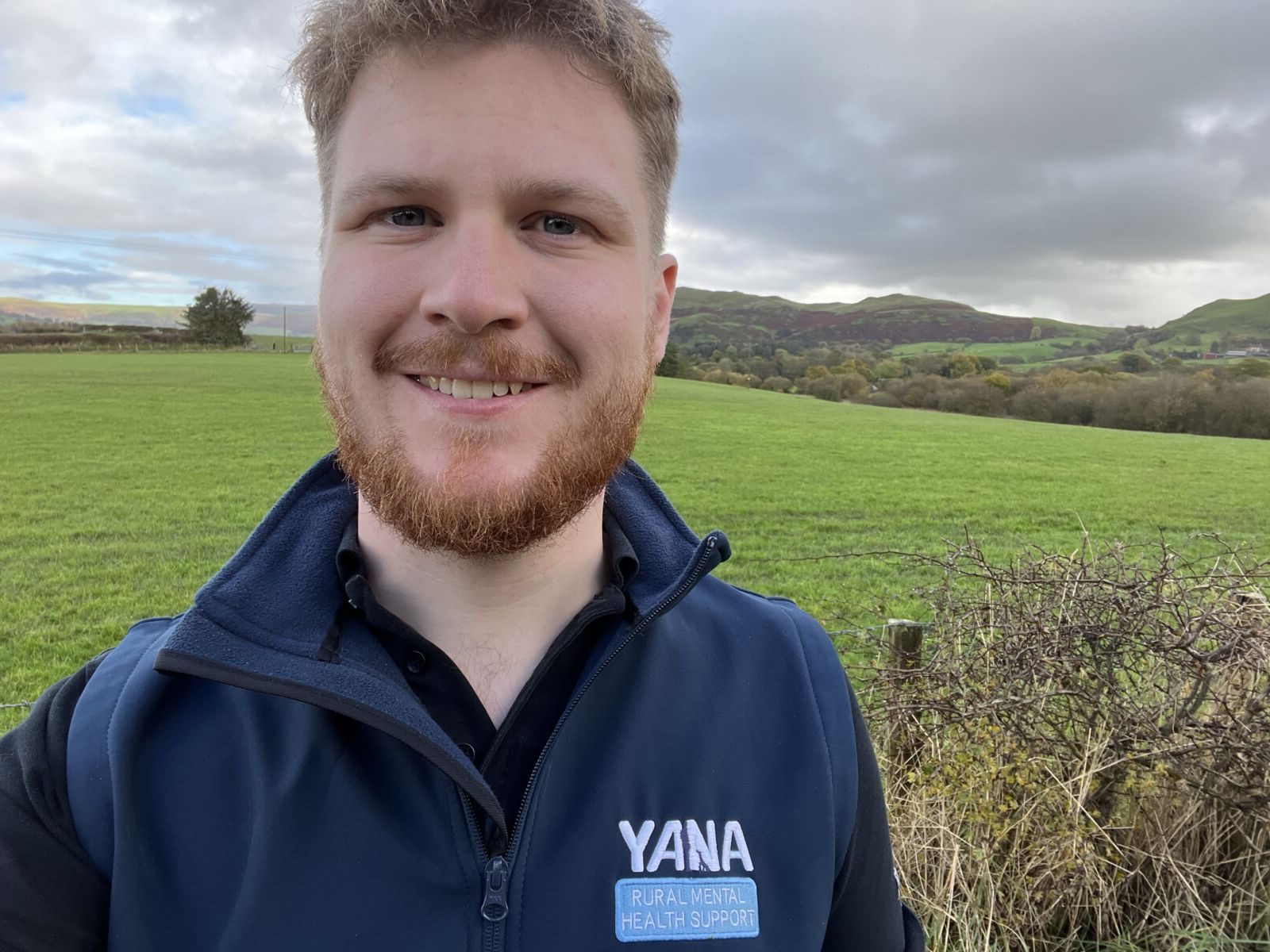From Chickens to Climate: How Crowshall Vet Services is Leading with Purpose
An interview with Henry Lamb, BVetMed MRCVS Poultry Vet and Sustainability Advocate at Crowshall Veterinary Services.
Vet Sustain
At first glance, poultry medicine might not seem like the most obvious path for a vet school graduate. But for Henry, joining Crowshall Veterinary Services straight out of university in 2018 was a natural fit.
“I’d completed a poultry-related research project in my first year and some EMS in the sector, so it was always on the radar,” he recalls. “By final year, I knew I wanted to go into population medicine and public health, and poultry ticked all the boxes.”
Based in Norfolk, Crowshall is one of the UK’s leading veterinary practices for commercial poultry and game birds, complete with a large diagnostic lab. Their services span clinical care, diagnostics, and export work, and they also provide a tracking rotation as well as other educational input to the Royal Veterinary College.

Making a Big Impact, at Scale
What Henry enjoys most is the scale and scope of his work.
“You can make a big impact on thousands of animals, whether through treatment, diagnostics, or policy,” he says. “It's rewarding knowing you’re helping food producers and supporting food safety at a population level.”
Much of Crowshall’s work is with large commercial poultry units, but the team also supports smaller holdings of 50 chickens or so as well as offering referral advice to mixed and companion animal veterinary practices. Whether through in-person visits or over-the-phone advice, the goal is always the same: to support animal welfare, food production, and sustainability.
Sustainability Embedded
Poultry is often hailed as one of the more sustainable animal protein sources, something Henry is quick to highlight.
“The sector is already geared towards efficiency, making the most of any resources used in a way that’s good for both producers and the environment.”
But Crowshall hasn’t stopped there. Through the collective efforts of all teams within the business, the practice has been working hard to future-proof its operations. “We wanted to be ahead of the curve, not dragged behind it,” he explains.
“Sustainability isn’t just good for the planet, it’s good business.”
Inspired by a Vet Record article about Davies Veterinary Specialists gaining sustainability accreditation, Henry proposed the idea to the team. They were on board from day one. “The passion was already there, we just gave people the opportunity to get stuck in.”
Crowshall gained Investors in the Environment (iiE) Silver accreditation in 2021, reached Green level in 2022, and has maintained Green since.
Green Changes, Big Wins
Their sustainability journey began with simple fixes: self-closing doors, better thermostats, and finding a local waste disposal service. But it’s evolved into bigger, more strategic changes, thanks to a whole-team approach. Some of their greatest achievements include:
Their lab staff have reduced single-use plastic by redesigning how culture plates are stored, saving around 1,000 plastic items per year.
Their admin teams have nearly gone fully paperless.
Their vehicle fleet now includes two electric cars and two hybrids, with on-site EV chargers recently installed.
“The biggest part of our carbon footprint is travel,” Henry notes. “Electrifying the fleet is one of the most impactful changes we can make, especially since we cover such a large area.”
Looking ahead, they’re planning to enhance existing loft insulation and energy-efficient renovations to improve thermal performance across the practice.
Team-Driven Change
Henry credits Crowshall’s success to staff involvement across departments; clinical, lab, and admin.
“We asked people what sustainability looked like in their part of the business. Then we let them lead. That sense of ownership has been key. When people are empowered to take initiative, it’s amazing what gets done”
Client Conversations and Industry Challenges
Sustainability isn’t just an internal focus. Increasingly, clients, especially large-scale poultry producers are implementing their own environmental policies and looking to their suppliers, including vets, to do the same.
“When those conversations come up, it's positive,” Henry says. “It’s also reassuring for clients to know that we’re helping them meet auditing and compliance requirements.” Still, the road isn’t without bumps. “The biggest challenge for the profession is infrastructure, especially for electrifying the fleet. In rural areas, charging points can be scarce and inconsistent. Too many apps, too many systems.”
On the lab side, supply chain issues persist post-COVID. “We need innovation in the lab sector to develop better options for recyclable sharps bins and more sustainable consumables. Right now, we’re limited by practical and cost-effective options the supply chain are able to offer.”
Animal and Human Welfare at the Core
Despite the focus on sustainability and efficiency, Henry is clear that animal welfare remains at the heart of everything Crowshall does.
“You can’t have a productive farm without good animal welfare,” he explains. “From disease prevention to stockmanship training, vets play a central role in ensuring everyone is pulling in the right direction.”
Crowshall also supports mental health within the veterinary team and for clients, with staff members trained in mental health first aid. Henry explains that this is especially important during tough times like avian influenza outbreaks or wider political uncertainty.
In Henry’s view, the future of veterinary work, particularly in production animal medicine, lies at the intersection of sustainability, scale, and smart collaboration. With a team like Crowshall’s behind it, the profession is not just keeping up with change, it’s helping to lead it.